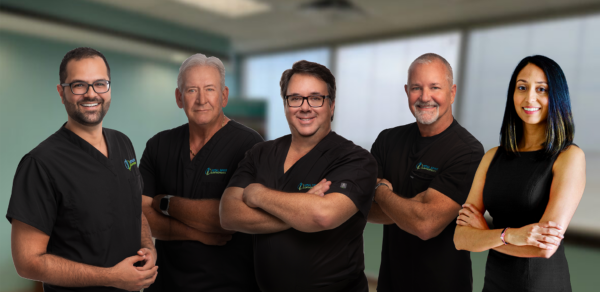As you may already know, selecting the right doctor or physician is one of the most important steps in finding long-lasting and effective symptom relief. As someone who may be dealing with an injury or chronic pain, you may be considering consulting an orthopedic surgeon for help. However, before making such an important decision, it's important to understand what an orthopedic surgeon does, what their specialties are, and what procedures they commonly perform. This article will delve into seven key things you need to know about orthopedic surgeons, providing you with the knowledge you need to make informed decisions about your where you choose to receive care. Whether you're seeking treatment for an existing condition or simply looking to expand your knowledge, these points will help you understand and find the best possible orthopedic surgeon for the job.
- Orthopedic surgeons are medical doctors who specialize in the diagnosis and treatment of musculoskeletal injuries and disorders. This can include conditions affecting bones, joints, muscles, ligaments, and tendons.
- Orthopedic surgeons undergo extensive training, which typically includes four years of medical school, five years of residency training in orthopedic surgery, and additional fellowship training in a specific subspecialty within the field.
- There are a variety of subspecialties within orthopedic surgery, including sports medicine, joint replacement, hand surgery, foot and ankle surgery, spine surgery, and pediatric orthopedics.
- Orthopedic surgeons use a range of treatment options to manage musculoskeletal conditions, including medications, physical therapy, and surgery. Surgical procedures can include arthroscopy, joint replacement, spinal fusion, and fracture repair.
- Orthopedic surgery can be used to treat a wide range of conditions, including arthritis, carpal tunnel syndrome, herniated discs, osteoporosis, and torn ligaments.
- Patients may be referred to an orthopedic surgeon by their primary care physician or another specialist, or they may see a provider without a referral. Orthopedic surgeons work closely with other healthcare providers, including physical therapists, occupational therapists, and pain management specialists, to provide comprehensive care.
- It's important to choose an orthopedic surgeon who is board-certified and has experience treating your specific condition. You should also feel comfortable asking questions, discussing treatment options with your surgeon, and following their recommendations for post-operative care and rehabilitation.
If after reading these facts you are ready to start looking for an orthopedic surgeon, Total Spine and Orthopedics has you covered. Our team of highly skilled and experienced physicians and surgeons specialize in a wide range of orthopedic procedures, including spine surgery, joint replacement, personal injuries/work comp and sports medicine. We use the latest techniques and technologies to provide personalized care using minimally invasive procedures to ensure the best possible outcomes for our patients. You can request an appointment using the form, or by calling (321) 499-4646


